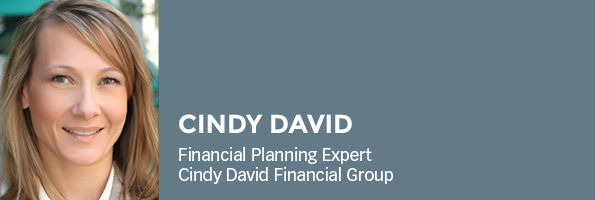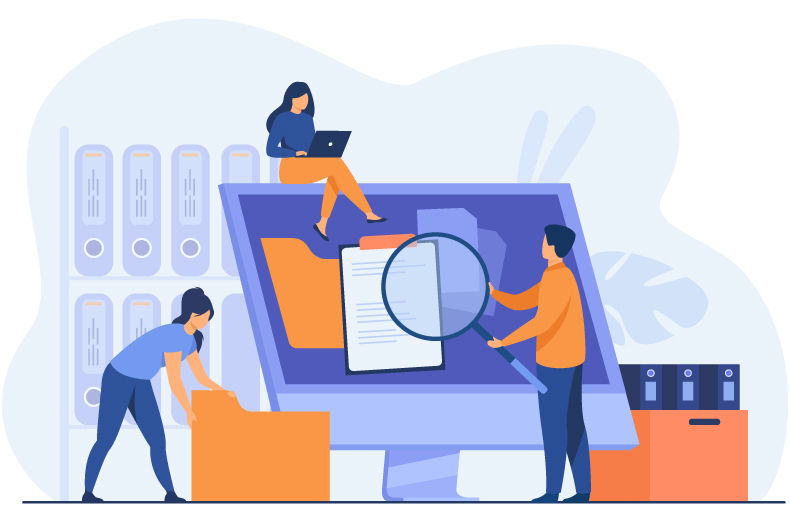Committed to professionalism
If there were a financial services dictionary or text book entry for "consummate professional," It's possible Cindy David's picture would appear on the page.
From the age of 21, she's been a striving force for professionalism. Since then, she's been named one of the top three estate planners across the country – the youngest person to have achieved the distinction – speaks at conferences about some of the most technical estate planning concepts in use today, and provides estate planning services in partnership with other advisory firms, when client needs exceed their own advisors' expertise.
"I'm proud of the fact I've been able to balance family life and maintain really good friendships, while having such a successful career. That's not easy – it takes time, energy and effort," she says.
Having this, while "pushing through mediocrity," her influence has become a conscious habit. She strives to make clients have a good experience, every time. Even getting on the elevator, or walking into the office, she says, is a task to be treated with the same consideration.
"You might be in traffic, honking at people. You might be giving the bird to one of your future clients," she points out. "It's really important to be aware of who you are in the community."
In addition to work with Advocis in the past, and now with the CALU, David also co-authored a well-received book in 2009, with Bryan Snelson, and Dr. Michael Graham, titled Financial First Aid for Canadian Investors: Stop the Bleeding, Start the Healing and Get Your Portfolio on the Road to Recovery.
Candid and down to earth, at 40, David is also young enough to remember her early career and ascent with particular clarity.
Hired at one point to build a joint business, the work evolved into financial planning and service to existing clients, and insurance sales to support those new plans.
"That got me into the estate specialist role." Her early years in the business included arriving at the office early to do CFP coursework, and her own administration work, before sitting in on client meetings and doing the prep for those, as well. "You have to sit in on those meetings to make a giant leap in a short period of time," she says. "If I didn't do that, the first five years of my career would easily have taken ten."
At year nine, she says she still felt like a rookie – a feeling which didn't resolve itself for a few more years. "It took even more years after that to become an expert, and be comfortable in saying that out loud. It takes time."
Within the industry today, she observes some challenges emerging as companies grapple with ever-tighter margins and the need for scale. She's beyond being directly impacted, but suggests those starting out could face an even tougher haul to earn reasonable pay for their activities. "I do think that's a barrier to entry," she says.
Commission disclosure, meanwhile is another issue she wishes the industry would get on with, or stop talking about altogether. "There's this (unnecessary) proliferation of fear."
"There is nothing that will change the fact clients need advice, ever. If that was true, it would've happened already. There isn't anything you can't find on the internet, but I'm busy, constantly seeing people, all day, every day, and I'm still getting the same feedback. If anything, it's getting better, with people saying 'Where have you been my whole life?' They just want to find someone who can tell them what to do in a way they can understand."








